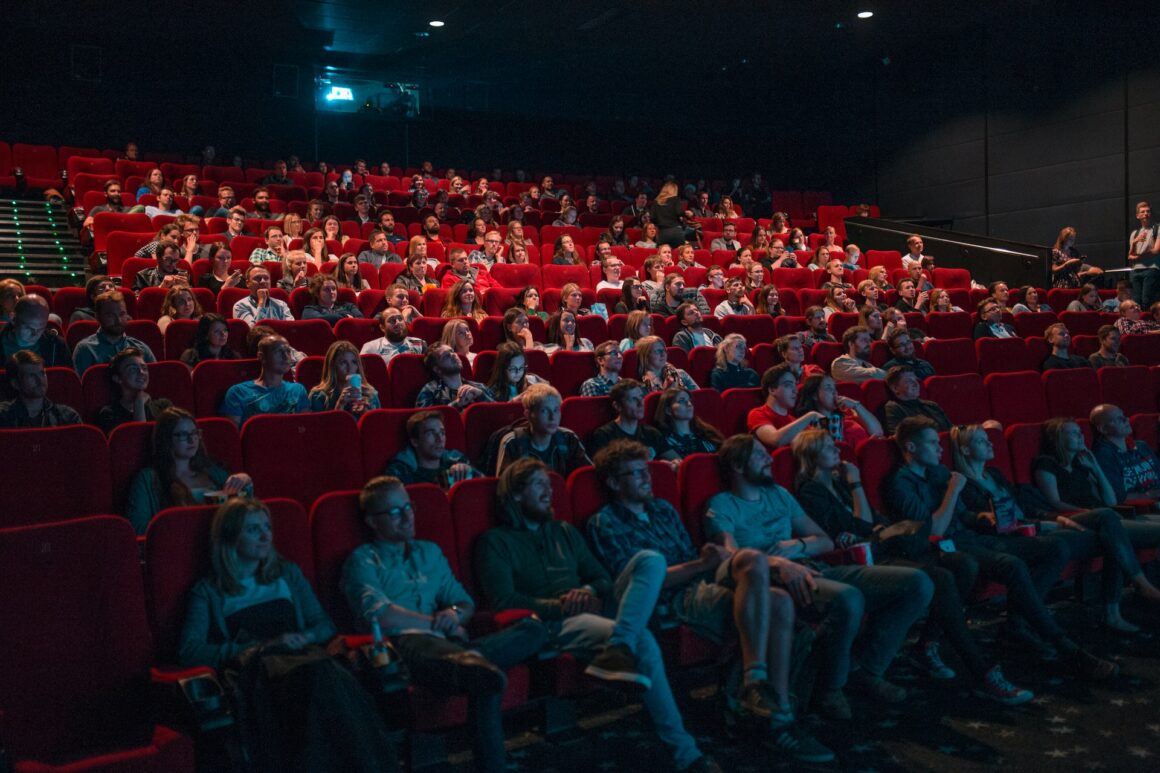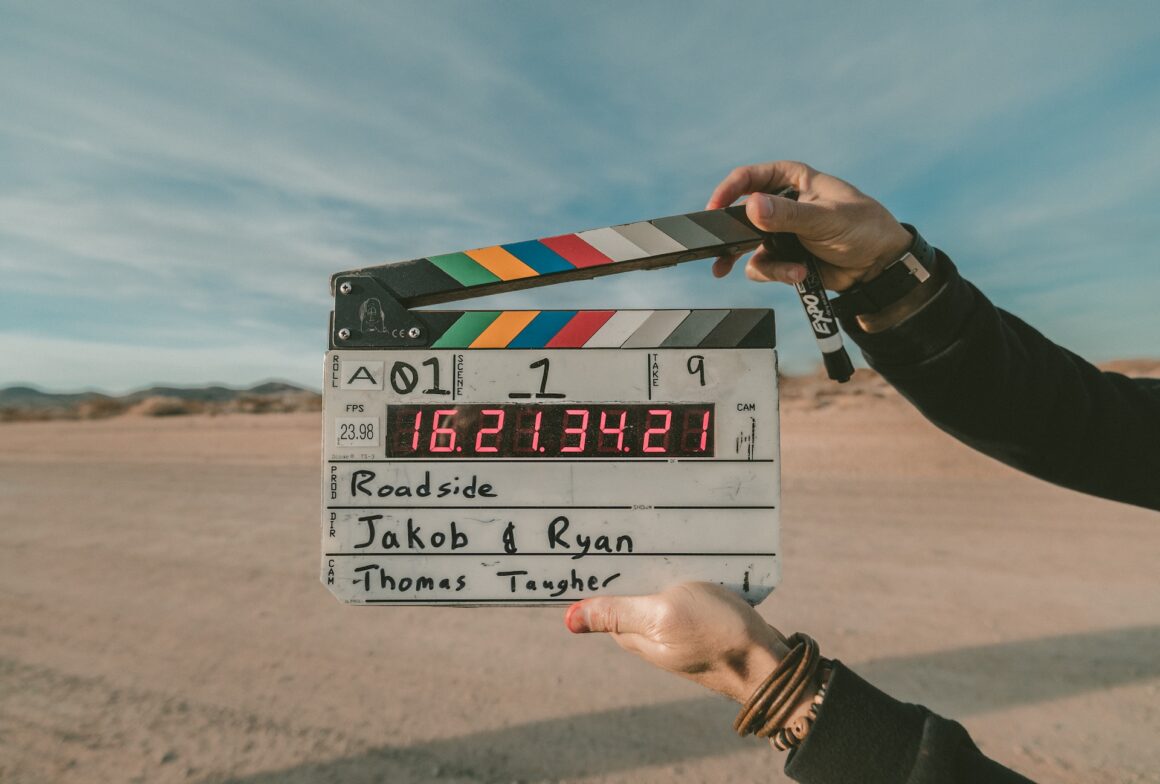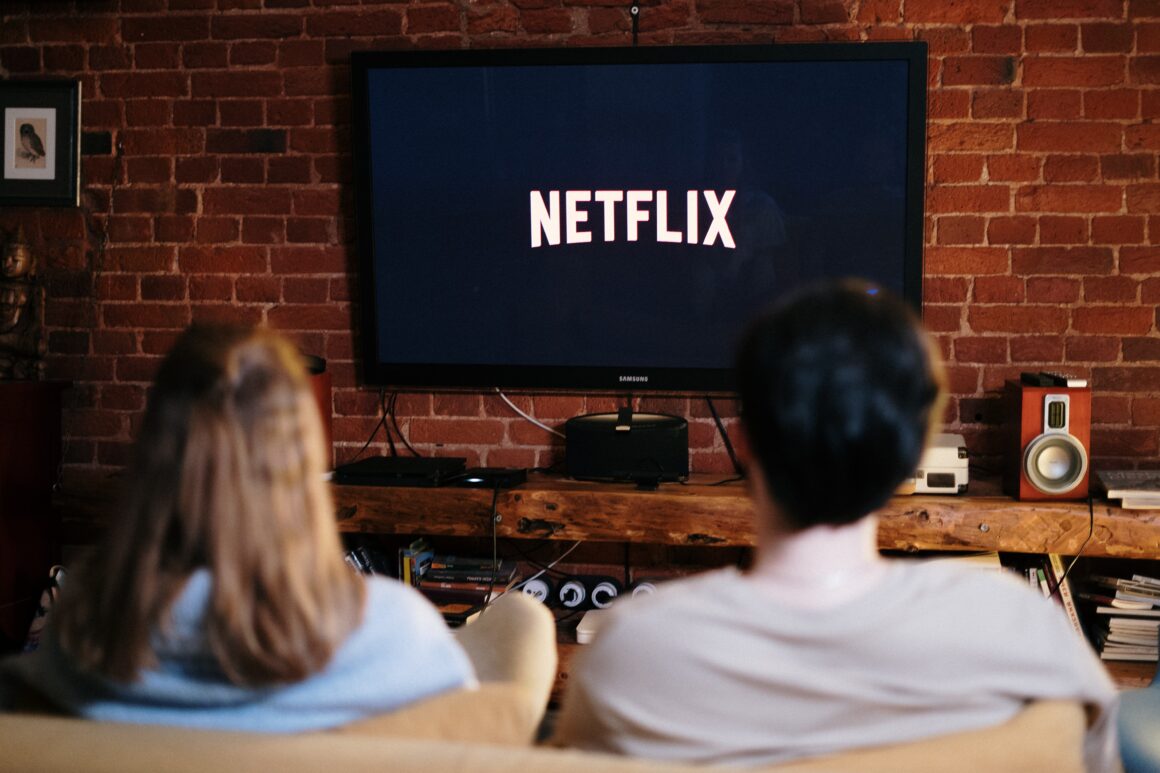
The list of TV shows and movies featuring relationships between students and teachers seems endless. You can find a relationship between a student and a teacher in everything from Glee, Gilmore Girls, Friends, Pretty Little Liars, Notes on a Scandal, The Second Chance, One Tree Hill, Gossip Girl, Dawson’s Creek to the movie Election. While these relationships might look good on TV and are usually portrayed as equal and functional relationships, they completely neglect to show any of the many problems that come with student/teacher romances. Are student/teacher relationships really as simple as they seem on TV?
I personally think these kinds of relationships often are depicted in a very problematic way. There are so many problems and risks that come with student/teacher relationships that TV shows fail to discuss, consequently misrepresenting and romanticizing these potentially destructive relationships. I find this incredibly problematic since the teenagers that watch the TV shows won’t understand the dangers of entering into such a relationship, leaving them vulnerable to being exploited and used.
TV shows only show the lovey-dovey, the cute secret dates, and the excitement of sneaking around parts of the relationships.
One of the biggest problems with student/teacher relationships on TV is that they aren’t portrayed truthfully. I think they are depicted in a dishonest way because the students and teachers are often played by actors who are much older than their characters actual ages. Additionally, the actors are usually considerably closer in age than their characters are. This creates the illusion that there isn’t really a significant age gap, when in fact, there is.
One example of a student/teacher relationship is the relationship between Aria and Ezra in the show Pretty Little Liars. When the relationship began in season one, Aria was about 16 and Ezra around 23, which is a 7-year age gap. This might not seem like that much of an age difference, but you have to remember that Aria was a junior in high school, while Ezra had already finished both high school and college as well as gotten a job. In the show, it doesn’t look strange, though, since the actor playing Aria, Lucy Hale, was in reality 21 and Ian Harding, who plays Ezra, was 24. So although Harding is approximately the right age, Hale isn’t at all.
Casting a 21-year-old to play a 16-year-old completely changes the way that the relationship looks, resulting in a false representation of a what a relationship between a junior and teacher would actually be like.
Moreover, the show doesn’t address the fact that the relationship is entirely illegal, and that if the relationship were to become public, Ezra would be considered a sex-offender. One of the reasons that there is a law specifying the age of consent if because teenagers brain aren’t completely developed yet. One important area of the brain that isn’t fully developed yet is the frontal lobes, which is the part of the brain that thinks “Is this a good idea? What is the consequence of this action?”. Consequently, teenagers aren’t able to assess the consequences of their actions in the way that adults are since the frontal lobes aren’t fully developed until the mid-twenties.
Now my problem isn’t with big age gaps themselves, but rather when the inequality in an age gap results in one of the partners still legally being a child. It gets even more problematic when the other partner is an adult who has power over the teen’s academic score. They are automatically, no matter how much they might love and respect each other, situated at completely different levels of power.
It would be easy for the teacher to abuse their power over the student by exploiting, using and controlling the student, who’s entire future could be altered by bad grades.
To continue on the theme of destroying the other person’s future, the teacher could, as I previously mentioned, risk being thrown in jail if the student were to press charges against them. I, however, think that the teacher is entirely responsible for their actions in this case since they have the maturity and knowledge to understand the problems with their actions. Unlike the student, the teacher has a fully developed brain and experience from both their life and education so, therefore, they should be able to take into account all the risks that come with the relationship.
Furthermore, since the teacher has a lot more life experience and probably has been in more relationships than the younger student, this gives the teacher a considerable advantage and the power of ‘knowing’ what a relationship is supposed to be like.
That gives the teacher the possibility of dismissing the student’s concerns or convincing the student that the relationship is healthy, even though it might not be.
In conclusion, the constant romanticization of student/teacher relationships on TV misrepresents what these relationships actually entail. There are considerable risks that come with relationships characterized by large age gaps and unbalanced power structures. While there, of course, is the possibility of a student/teacher romance being a safe, supportive and healthy relationship, I think it is important to be aware of the problems. Although all relationships have the possibility of being abusive, I believe that the environment around and the conditions of a student/teacher romance increases the risks of this happening. The people in the relationships are at completely different points in their lives, and that can result in problems arising. All in all, relationships between student and teachers shouldn’t be as glamorized as they currently are.




